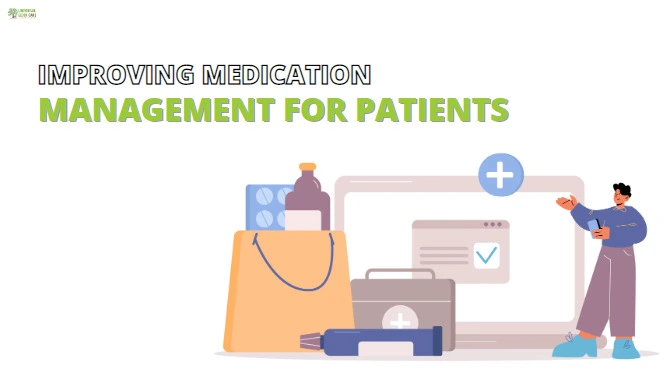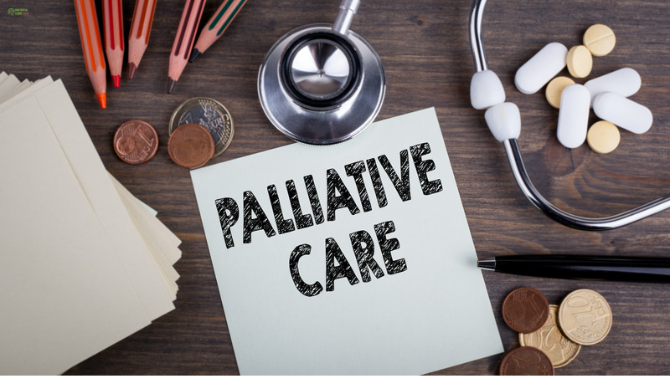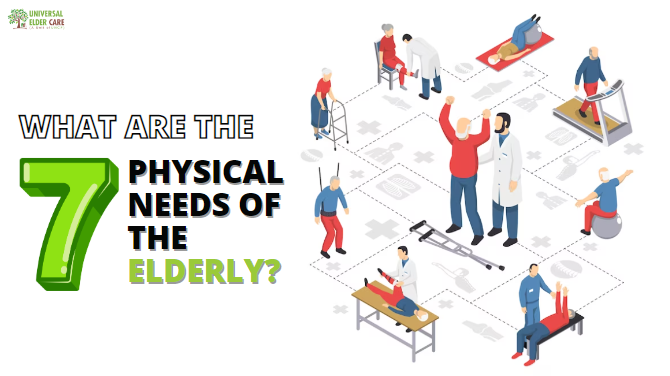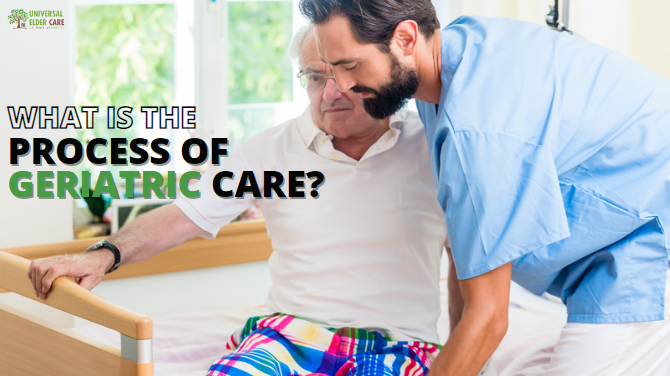Ensure safety in eldercare services
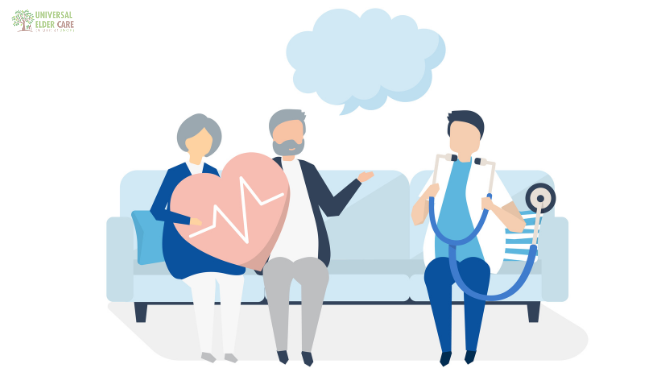
Ensuring safety is a top priority for eldercare services, as elderly individuals are often more vulnerable to accidents, falls, and other health-related concerns. In this blog post, we will discuss some key strategies that eldercare services can implement to ensure the safety of their residents.
Conduct regular safety assessments
Eldercare services should regularly assess the safety of their facilities and make necessary modifications to reduce the risk of accidents and falls. This can include installing handrails and grab bars in bathrooms and common areas, ensuring that pathways are clear of obstacles, and maintaining proper lighting throughout the facility.
Develop and implement safety protocols
Eldercare services should develop and implement safety protocols for their staff and residents. This can include protocols for emergencies, such as fire or severe weather, and for addressing accidents and falls. Staff should be trained on these protocols and should have access to necessary equipment, such as first aid kits and emergency communication devices.
Provide staff training and support
Eldercare services should provide their staff with the necessary training and support to ensure that they are equipped to provide safe care to their residents. Staff should be trained on safe transfer techniques, medication administration, and fall prevention strategies. They should also receive ongoing education and support to keep their skills up to date.
Encourage residents to maintain mobility
Elderly individuals who are physically active and mobile are less likely to experience falls and accidents. Eldercare services should encourage their residents to engage in regular exercise and physical activity to maintain muscle strength, balance, and coordination.
Provide appropriate assistive devices
Assistive devices, such as wheelchairs, walkers, and canes, can help elderly individuals maintain their mobility and reduce the risk of falls. Eldercare services should provide these devices as necessary and ensure that they are properly maintained and adjusted to meet each resident's needs.
Address medication management
Medication management is a critical aspect of eldercare services. Staff should ensure that residents are taking their medications as prescribed and monitor for potential side effects or adverse reactions. Medications should be stored securely and labeled clearly to avoid confusion.
Monitor for signs of abuse and neglect
Elder abuse and neglect can occur in eldercare services, and it is important to monitor for signs of these issues. Staff should be trained on the signs of abuse and neglect and be encouraged to report any concerns immediately. Families and loved ones should also be encouraged to monitor for signs of abuse or neglect and report any concerns to the facility.
Ensuring safety is a critical aspect of eldercare services. By implementing regular safety assessments, developing safety protocols, providing staff training and support, encouraging mobility, providing appropriate assistive devices, addressing medication management, and monitoring for signs of abuse and neglect, eldercare services can help ensure the safety and wellbeing of their residents. By prioritizing safety, eldercare services can provide a high quality of care and promote a sense of security and comfort for their residents.

